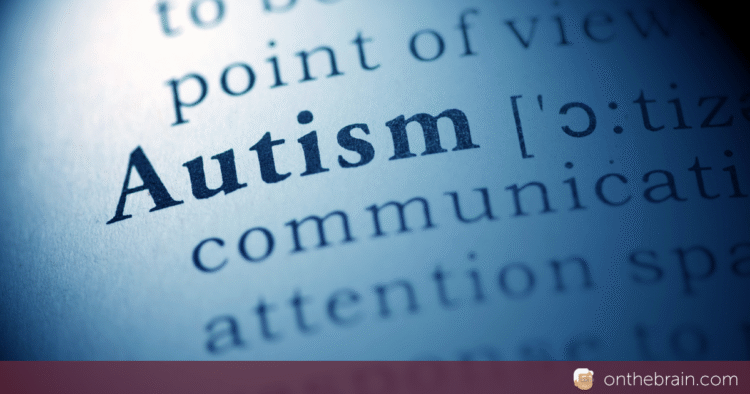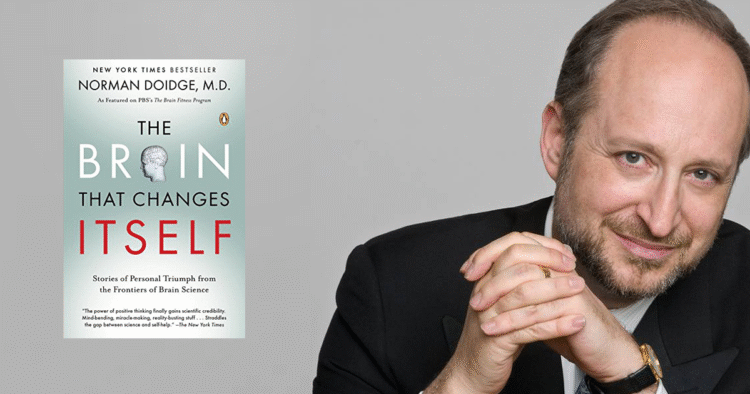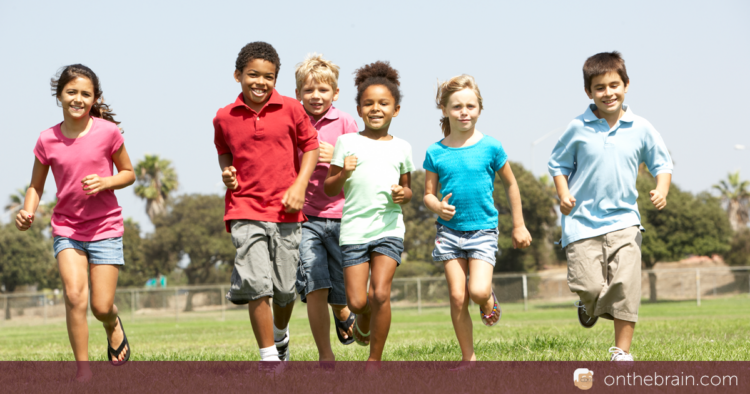A recommended book (for some readers)
“Strange Son”, by Portia Iversen is a personal account of a very special individual (the co-founder of Cure Autism Now; a friend of mine) struggling to understand and help her autistic son. It is NOT a book about the general science of autism or about the landscape of rehabilitative therapies applied to help autistics, because…






